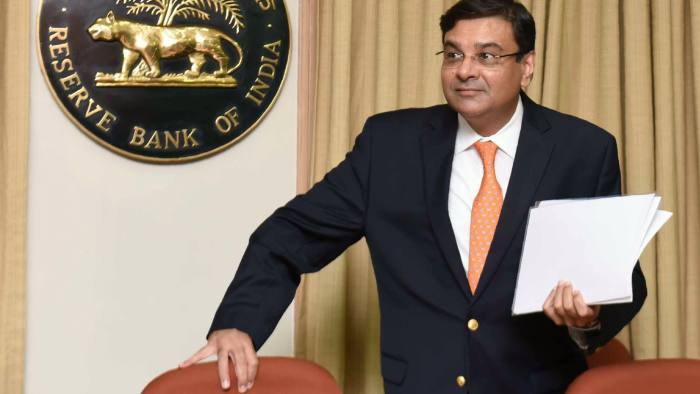|
LEI Indian - RBI circular notice LEI was introduced by the RBI for all counterparties over-the-counter (OTC) markets for rupee interest rate derivatives, foreign currency derivatives and credit derivatives in India in terms of RBI circular FMRD. FMID No. 14/11.01.007/2016-17 dated June 1, 2017 and for high value transactional clients of banks see link: Circular DBR.No.BP.BC.92/21.04.048/2017-18 dated November 2, 2017. All market participants, with the exception of individuals who have an LEI code already assigned to them by RBI must secure a new legal entity identification number before December 31st in order not be penalized. The deadline for obtaining this information has been set at 23:59 EST on Saturday evening or 00:00 Sunday morning following your trading session if it ends after these times - then you'll need proof that shows when exactly during those days specific transactions took place because there's no other way we can tell whether they were done domestically as opposedto internationally The LEI is an important document that must be obtained by those who want to engage in transactions with the Exchange. This law applies only when buying or selling stocks on recognized exchanges, which means it doesn't apply outside these financial markets where you may trade more than one type of asset at once (e-g: Forex). In order to ensure the safety of your funds, we require that you have an account with us and are subject only to our standards. However it is important for certain types of transactions involving amounts equivalent or exceeding one million USD (or another currency) where there could potentially be negative effects on market stability if they go unchecked by law enforcement agencies across countries - this includes non-derivative forex trades too! Non-resident entities that engage in financial transactions MUST obtain an LEI code. These include funds operated by a parent company or management firm located outside of the country where it's incorporated, but still have to register as foreign portfolio investment with their home nation’s authorities so they can use any codes given out by them at all times while doing business there too! The institutions that execute transactions, report on behalf of their clients or perform depository functions in these markets should capture the LEI code for each participating participant. To ensure the accuracy and integrity of data, all entities conducting financial transactions should make sure that their LEI Code is considered current under Global rules. Lapsed codes will be deemed invalid for trading in markets regulated by RBI All the Directions are issued under section 45W, read with Section 45U of Reserve Bank India Act 1934.
�
0 Comments
Leave a Reply. |
AuthorWrite something about yourself. No need to be fancy, just an overview. ArchivesCategories |
Location |
|

 RSS Feed
RSS Feed
